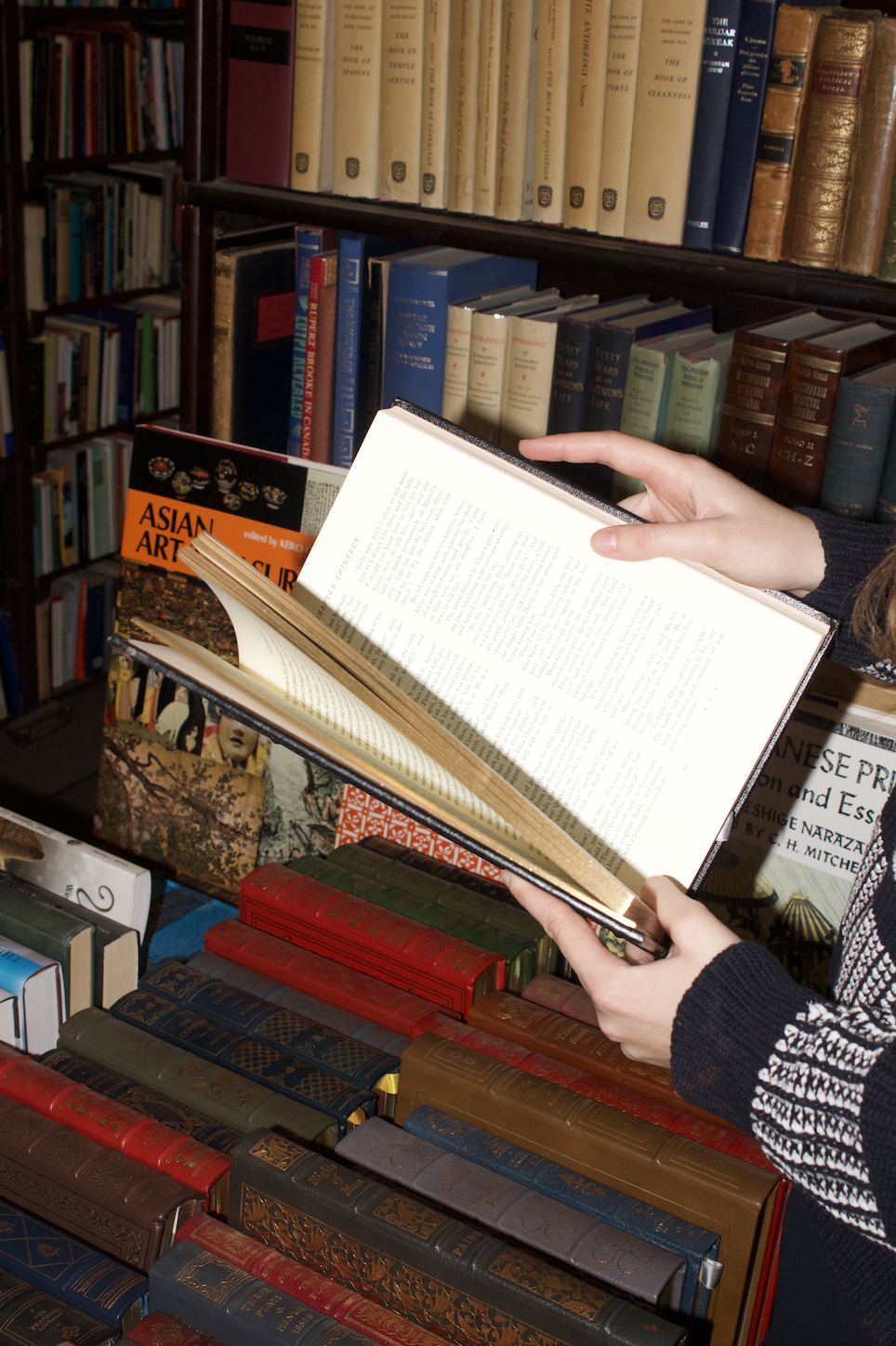The question of what your local, independent bookstore does for you can be hard to conceptualise. However, when you sit down to think about it, you realise how important these places are. Finding and reading new books can be an intimidating prospect for many people, whether you are a veteran reader, or simply trying to relearn the habit. “Will I like this book?” “Do I have time to read it?” “Will I like another book better?” These are just a few of the questions we all have when looking for a new book.
The books you actually read are but a fraction of all the books you have ever heard of, which themselves are a tiny percentage of all the books that have ever been written. There is not enough time in one hundred lifetimes to read them all, let alone the one life we are given. Thus, we want the books we read to matter. This, more than anything else, is what an independent bookstore helps us accomplish. Chain bookstores, like Chapters and Indigo, and book retailers, like Amazon, can tell you what the world is reading, but independent bookstores can tell you what the people around you in your day-to-day life are reading. There is more of a personal touch.
They are the type of place that feels familiar and known to you, even during your first visit. When you enter an independent bookstore, you do so with the knowledge that you are being given access to a collection of books that you simply will not find anywhere else. The kind of obscure books that you could spend ages searching for, or the book you never knew you needed in your life.
Local, Independent bookstores are a plentiful hunting ground for any voracious reader looking to satiate their hunger and sink their teeth into rich and diverse literary worlds.
Despite the value of independent bookstores, the media often emphasises their decline and impending death, with claims that they cannot compete with commercial retailers like Amazon, we will all be listening to audiobooks in just a couple of years, or the eBooks have already made independent bookstores redundant. Yet the independent bookstore remains. Although the number of independent bookstores has certainly declined in the past decade, they have not disappeared, with their numbers even increasing in places like Ireland and the UK.
The independent bookstore is not going anywhere anytime soon, and it will take more than a pandemic or a tech giant like Amazon to wipe them out. These independent bookstores changed during the pandemic and adapted to be better equipped to face the challenges and threats posed to them. Whether it is increased competition from book-retailers, or extensive social media usage, the true cornerstones of any community do not simply vanish quietly into the night.
However, this is not to say that the pandemic was easy for independent bookstores. Although many of these stores voluntarily shut their doors before any official restrictions were enacted for the health and safety of their communities, doing so also closed their most significant business model: browsing. No longer able to have people enter their stores, these businesses had to draw upon their innate creativity to cope with the pressures that came with the pandemic.
Located on 469 Milton Street, in the Milton-Parc neighbourhood adjacent to campus, The Word Bookstore is one such local bookstore that has a special place in the hearts of many McGillians. Brendan King-Edwards, manager at The Word, commented on the struggles the store faced during the pandemic:
We were shut down obviously when we were mandated to shut down by the government. . . . It was tough. One of the problems is that this is a very small space, so we were only allowed to have three or four people in at a time.
For some bookstores, this meant curbside pick-ups, while for others, it meant becoming delivery drivers and dropping books off right at the customers’ doorsteps. Some increased their capacity to do online orders and shipments, while others utilised the benefits of social media to promote their stock and connect with people. Whatever method they used to stay open, independent bookstore owners all began to notice one thing: people cared about them. People wanted books, and local bookstores were essential to providing that service. As King-Edward put it:
We had to figure out how to deliver throughout the city, which we were doing ourselves at first and then we got bike couriers to help us do that, so we set up delivery.
Though the normal experience of book browsing and chatting with the staff was not possible, people still valued what bookstores represented and the place they filled in their community. Loyal customers and generous donations would keep the doors open and the lights on, enabling many independent bookstores to survive during the pandemic. Even though eBooks could be purchased through the comfort of one’s home, or physical copies bought directly from Amazon, people demonstrated an appreciation of independent bookstores, giving them the endorsement of their communities.
And that is what independent bookstores are: a community. The world had become a messy and confusing place, and it was hard to make much sense of what was going on. Whether we were looking for a temporary escape – to get lost in a story unlike our own or to better understand and process what was happening to us, our independent bookstores were able to give us not only the books we wanted during the pandemic, but the books we needed. For The Word bookstore:
Sales went down for sure, but we had a lot of support, we had a big network of people who were actively finding ways to support us, by buying gift certificates, buying surprise book boxes and stuff like that.
In a post-pandemic world, we still have our independent bookstores. The issues that plagued them before the word “pandemic” was on anybody’s tongue are still here today. Large book retailers, eBooks, and audiobooks still present major obstacles for the independent bookstore, but the pandemic showed that they are not insurmountable. Before, it could be argued that independent bookstores were outdated and ill-equipped to progress in the modern setting. However, the pandemic proved that not only could these places survive despite changing their entire business model, but that communities cared that they stayed open. Indeed, for King-Edward:
Just being able to continue to engage with the community. It was really important and we managed to make that work for the most part.
Though not labelled as such, independent bookstores were an essential service to many people during the pandemic, providing both connection and an escape from the routine that dominated so many of our lives. The memories of what local bookstores did for people will live on and we will not simply stop supporting them just because we have returned to a new ‘status quo.’ Your local bookstore is a hard place to forget and will stick with you longer than you may realise, as it is a place where people congregate with one another, share their interests, and reflect on common values.
***
Let there be the Indigos, and even Amazons if there must. But let there also be the local bookstore – and let us hope that their doors remain open, their lights on, and their books neatly shelved, to remind us why we read, and that we do not read in vain.








